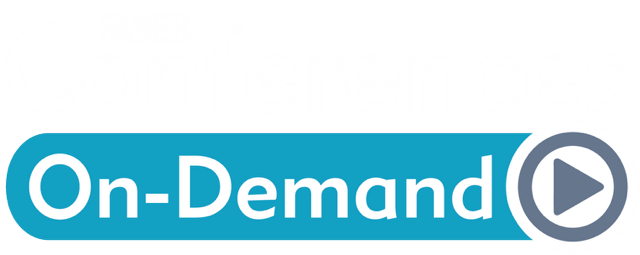All transcripts were created with artificial intelligence software and modified with manual review by a third party. Although we make every effort to ensure accuracy with the manual review, some may contain computer-generated mistranslations resulting in inaccurate or nonsensical word combinations, or unintentional language. FASEB and the presenting speakers did not review the transcripts and are not responsible and will not be held liable for damages, financial or otherwise, that occur as a result of transcript inaccuracies.
Targeting the Oncofetal Transcription Factor Protein SALL4 in Cancer by a Non-IMID Degrader
Daniel G. Tenen1, Kim Anh L. Vu1, Bee Hui Liu1, Li Chai2
1Cancer Science Institute of Singapore,
2Brigham and Women’s Hospital, Harvard Medical School, Boston, MA, USA
Background: Transcription factors (TFs), critical for cancer development and survival, historically have been viewed to be “undruggable”. The TF protein SALL4 is mainly detected in fetal tissues and silenced in most normal adult tissues. However, it is aberrantly re-expressed in about one-third of almost all primary human malignancies, presumably by demethylation (Kwon et al, Sci Adv., 2021; Liu et al, N Engl J Med., 2022). Direct evidence of the causative role of SALL4 in cancer has been demonstrated in SALL4 transgenic mice, which developed myelodysplastic syndrome (MDS) and acute myeloid leukemia (AML) and/or liver tumors. Loss-of-function studies by knocking down SALL4 using shRNA showed cell growth inhibition and cell death in leukemias and solid tumors in cell culture, and in vivo in xenotransplants. One approach to target TFs is to induce protein degradation. Immunomodulatory imide drugs (IMiDs), including thalidomide, lenalidomide and pomalidomide, are used in treating patients with multiple myeloma (MM), MDS with 5q deletion, mantle cell lymphoma (MCL), and other hematological malignancies. Recently, several groups reported that IMiDs can degrade SALL4 in a proteasome-dependent manner.
Aims: We sought to investigate whether IMiDS could be utilized to treat SALL4+ cancers.
Methods and Results: SALL4 is a C2H2 zinc finger transcription factor with two naturally occurred isoforms. Intriguingly, we observed that IMiDs had no effect on SALL4-positive cancer cells. Further studies demonstrated that IMiDs could only degrade SALL4A, one of the SALL4 isoforms. This finding raises the possibility that SALL4B, the isoform not affected by IMiDs, may be essential for SALL4-mediated cancer cell survival. SALL4B knockdown led to an increase in apoptosis and inhibition of cancer cell growth. Moreover, through high-throughput screening, we identified a new non-IMiD SALL4 degrader that targets SALL4B via proteasomal degradation and which exhibited potent anti-cancer activity, inhibiting cancer cell proliferation in culture and in vivo tumor growth by 70%.
Conclusion: Our observation that protein degraders could possess isoform specific effects exemplifies the importance of delineating drug action and oncogenesis at the isoform level to develop more effective cancer therapeutics.
This research was funded by a Singapore Translational Research (STaR) Investigator Award and the Singapore Ministry of Education under its Research Centres of Excellence initiative; a Sanofi iAward, and a grant from AGA/Jenzabar.
Speakers
Li Chai
